
Honoring Indigenous Innovators: Empowering Native Voices in Tech & Cybersecurity
As we celebrate National Native American Heritage Month, we at Intellectual Point want to recognize the rich cultural heritage, resilience, and contributions of Native American communities. This month offers a time for us to honor the impact of Native Americans in every field, including IT and cybersecurity—a domain where Indigenous perspectives and knowledge are invaluable and deeply needed.
Native American Trailblazers in IT and Cybersecurity
Though representation is still growing, Native Americans have made notable contributions to IT and cybersecurity. Here are a few inspiring individuals leading the way:
Kimberly Teehee (Cherokee Nation): While not directly in the IT field, Teehee’s work in advancing technology and internet access in rural and Native communities is significant. As the Cherokee Nation’s first-ever Delegate to the U.S. House of Representatives, she advocates for improved digital infrastructure, ensuring that Native communities can access opportunities in the tech and cyber fields. Her efforts highlight the essential role of connectivity in advancing education and career pathways in IT for Indigenous youth.
Kali Dryden (Oglala Lakota): As a cybersecurity consultant, Dryden has been a powerful voice for security awareness, helping companies and organizations safeguard their data against breaches. Through her work, she actively encourages Native American youth to enter tech, especially cybersecurity, which faces a critical talent gap. Her commitment serves as an example of how Indigenous professionals contribute meaningfully to the tech space.
Rodney C. Haring, Ph.D. (Seneca Nation): An interdisciplinary researcher, Dr. Haring integrates data analysis with public health, specifically studying health disparities in Native populations. While his focus extends beyond IT, his use of data science and computing in addressing Indigenous health challenges is emblematic of the profound societal impact that Native Americans can make in tech-related fields.
These leaders are not just trailblazers in their own right—they are proof that Native perspectives have tremendous potential to enrich the tech industry as a whole.
Why We Need More Indigenous Voices in STEM and IT
Currently, Native Americans are significantly underrepresented in STEM and IT. According to the National Science Foundation, less than 1% of all STEM graduates are Native American. This disparity limits not only the potential economic benefits for Native communities but also the diversity of perspectives that is essential for innovation in technology and cybersecurity.
The tech industry thrives on diversity; it benefits from a variety of perspectives that help foster creativity, inclusivity, and resilience in problem-solving. Indigenous knowledge systems, with their deep-rooted understanding of sustainability, community-focused solutions, and respect for balance, offer a unique lens that can drive meaningful innovation. Imagine the potential for new cybersecurity frameworks, data ethics approaches, or sustainable AI applications that integrate Indigenous values—a future where Indigenous people have a say in the technology that shapes our world.
How Can We Encourage Indigenous Participation in IT and Cybersecurity?
Accessible Education: Many Native communities are located in rural or underserved areas with limited internet and technology access. Initiatives to expand high-speed internet to tribal lands are critical, as they enable Indigenous students to access educational resources, online courses, and remote job opportunities in IT and cybersecurity.
Cultural Sensitivity in Curriculum: Education that respects and incorporates Indigenous knowledge, values, and methods can foster a sense of belonging for Native students. Schools and training programs can integrate content that resonates with Native culture and history, making STEM fields more accessible and appealing.
Scholarships and Mentorship Programs: Financial barriers can prevent Native students from pursuing STEM degrees. Scholarships and mentorship programs—such as those provided by organizations like the American Indian Science and Engineering Society (AISES)—play a vital role in empowering Indigenous students to pursue tech careers.
Inspiring Role Models and Mentors: Role models like Kali Dryden and Kimberly Teehee show Native youth that successful careers in IT and cybersecurity are possible. Companies can support mentorship and career development programs that connect Indigenous students with professionals in the field.
Intellectual Point’s Commitment
As an IT training provider, Intellectual Point is committed to fostering diversity in tech by creating inclusive, accessible learning environments. We offer a wide array of programs in cybersecurity, data science, and IT—fields where Native American professionals are deeply needed. By supporting educational initiatives, raising awareness about career opportunities in IT, and celebrating the accomplishments of Indigenous professionals, we hope to inspire the next generation of Native American leaders in tech.
This National Native American Heritage Month, let’s acknowledge the contributions of Native American professionals in tech, advocate for increased representation in STEM, and work together to build a more inclusive and innovative future. Together, we can support Indigenous communities in unlocking the full potential of technology and cybersecurity for generations to come.
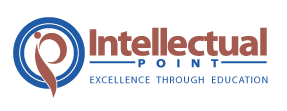


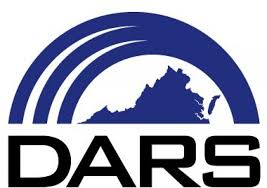


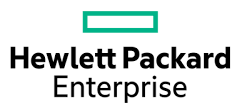






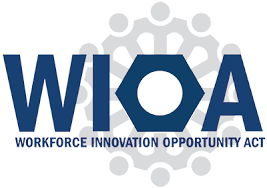
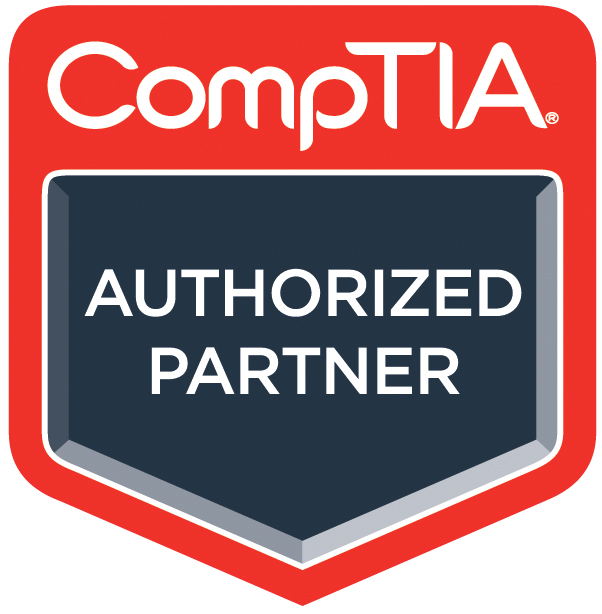



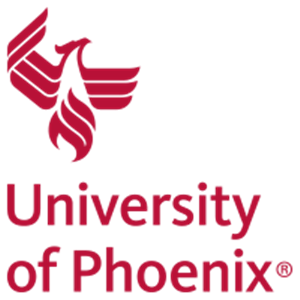


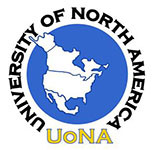

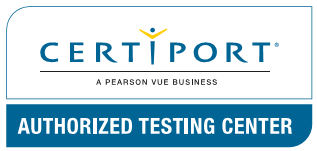



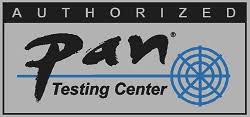
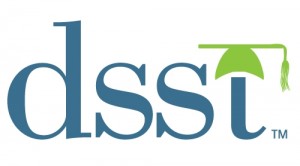
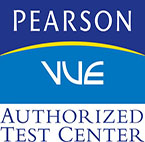
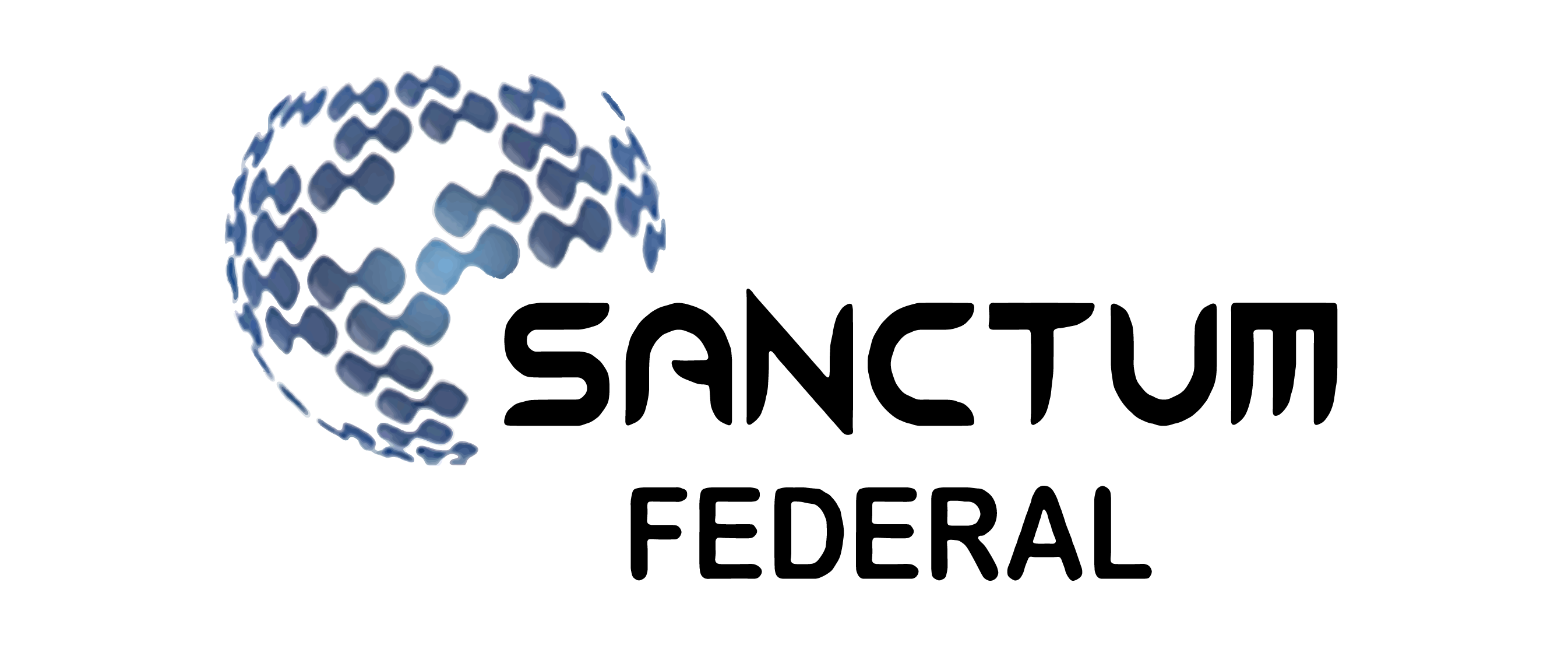

Leave a Reply
You must be logged in to post a comment.